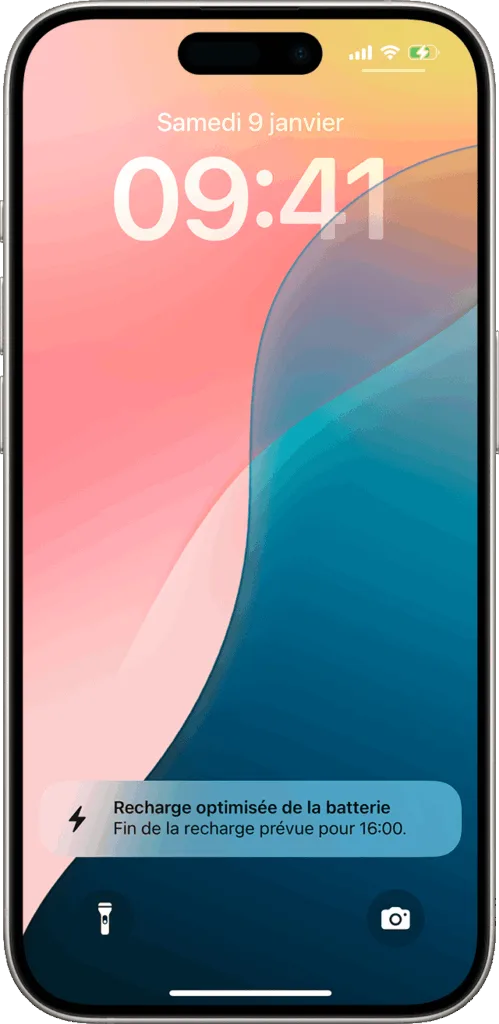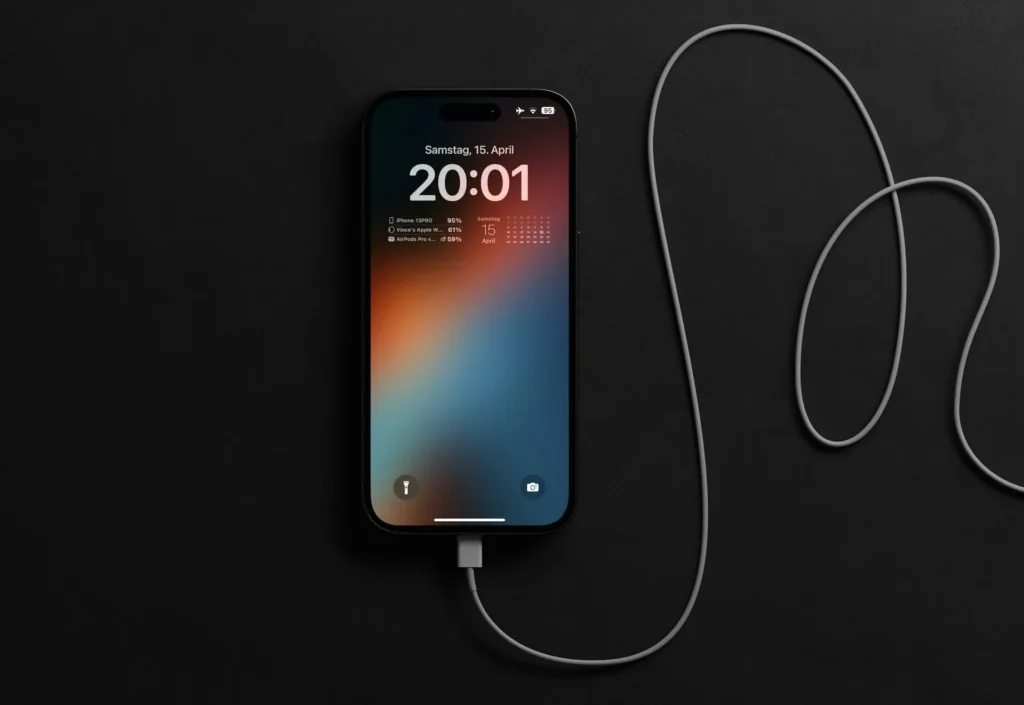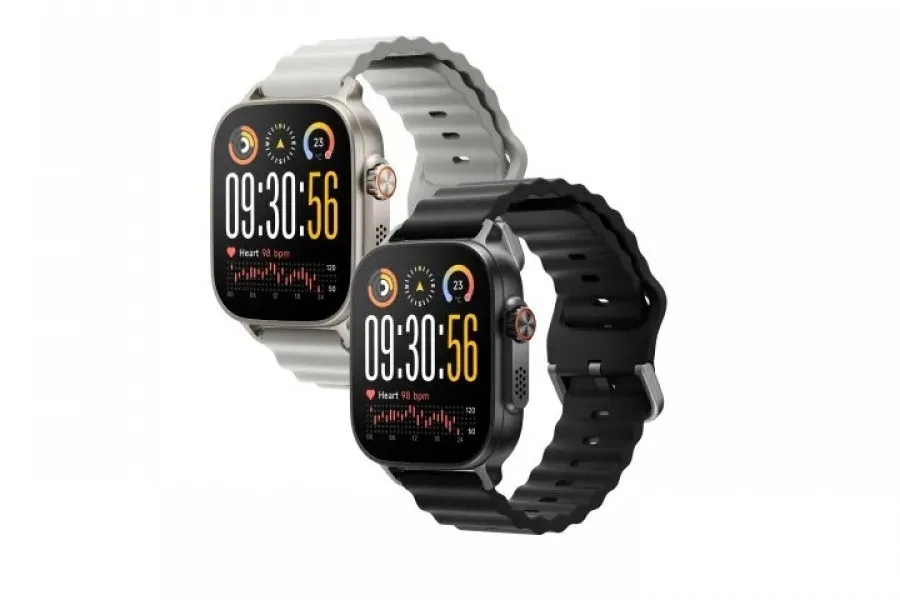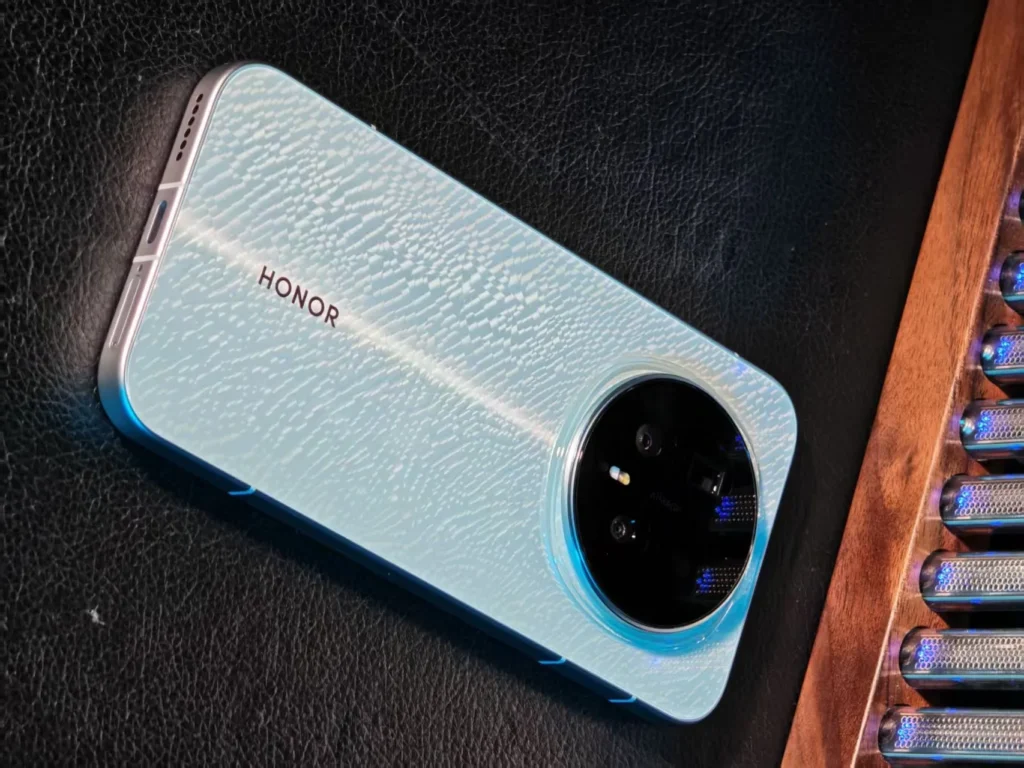Should You Charge Your Smartphone Every Night? The Real Answer (and Tips to Extend Your Battery Life)
Many of us plug in our phones overnight, wait until they hit 0%, or recharge whenever we pass a charger. But is there truly a ‘correct’ way to do this?
The short answer: There’s no perfect formula, but some habits can help maintain your battery’s health.
Why Is It So Confusing?
Today’s smartphones use lithium-ion batteries, which are quite different from the old nickel batteries we used to know. The latter suffered from memory effect: charging too early would diminish their capacity. Modern batteries don’t have this issue.
However, they age with each complete charging cycle. A cycle is defined as using 100% of the battery (not necessarily all at once). For instance, using 50% one day and another 50% the next day counts as one cycle. On average, batteries are designed to last for 500 to 800 cycles before their performance noticeably declines.
Should You Wait for 0%?
No, and in fact, it’s not recommended. Lithium-ion batteries do not fare well with extremes (at 0% or 100% for prolonged periods). The optimal range is between 20% and 80%.
If you occasionally drop to 5% or fully charge before a trip, don’t worry—your phone is built to handle this. Making it a habit, however, will accelerate wear.
Is Charging Overnight Dangerous for Your Smartphone?
This is the most common practice. Good news: modern smartphones stop charging at 100%. Some even slow down during the final phase to prevent leaving the battery “under stress” all night.
The downside is that a phone that remains at 100% for too long experiences electrical stress, which eventually shortens its lifespan. To mitigate this, use features like “Optimized Charging” (iPhone) or “Adaptive Charging” (Android), which prevent the battery from charging past 80% before completing it in the morning, just before you wake up.

Should You Charge a Little During the Day?
Yes, and it’s actually better! Doing small “top-ups” (for example, charging from 40% to 70%) is less taxing on the battery than completely draining it and then fully charging it again.
However, be cautious of heat, which is the true enemy of batteries. If your phone overheats on a fast charger or wireless charger, unplug it as soon as you have enough charge to get through the day.
What About Fast Charging?
Fast charging isn’t inherently bad, especially if used occasionally. However, daily use at full speed generates more heat, which can reduce battery lifespan.
Some smartphones allow you to limit charging speed, which is handy if you mostly charge at night or at work.
In summary: Charge when you need to. If you can keep your battery between 20% and 80%, avoid overheating, and activate smart charging options, you’ll significantly extend its lifespan.
Ultimately, even with the best practices, a battery will age over time. The goal is not to make it last forever, but to keep it effective until you decide to change your phone.




